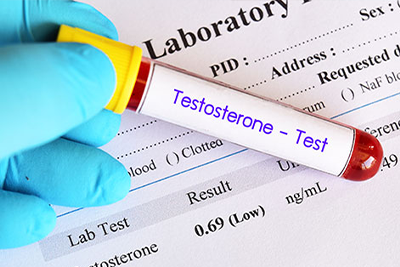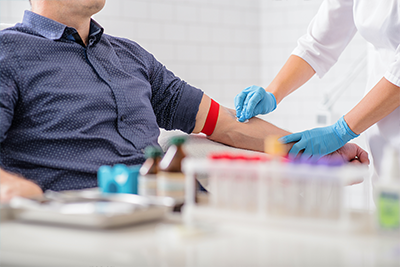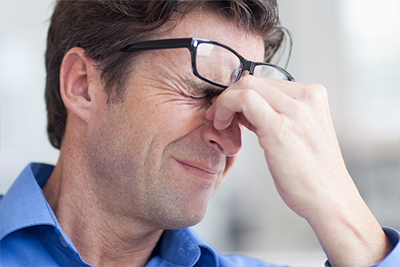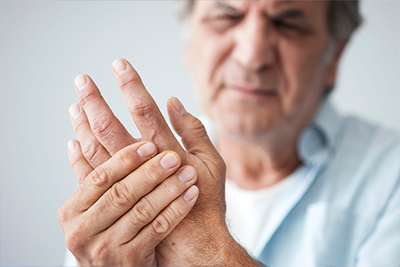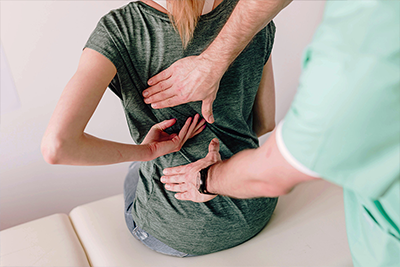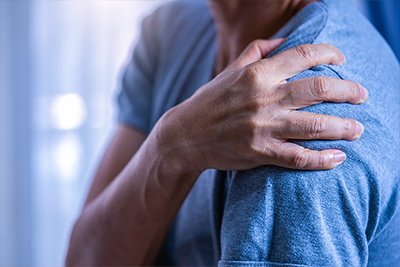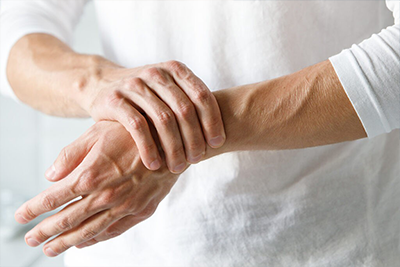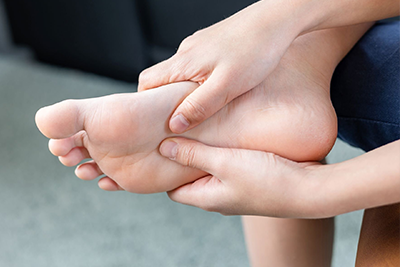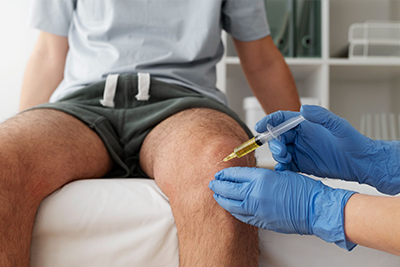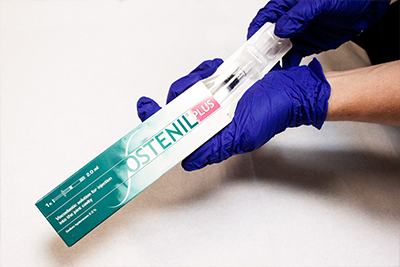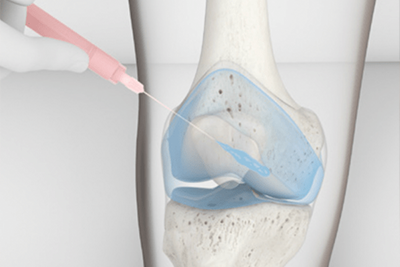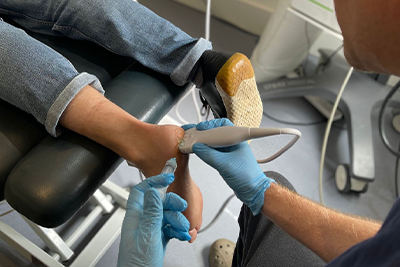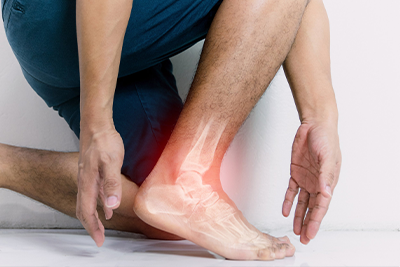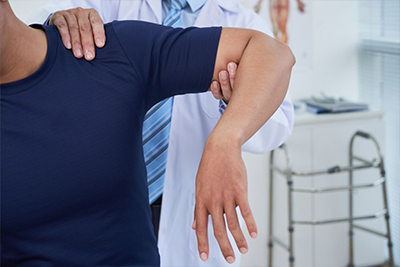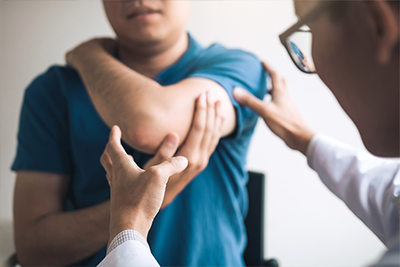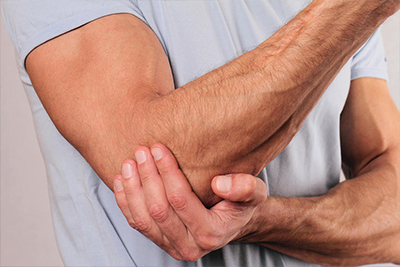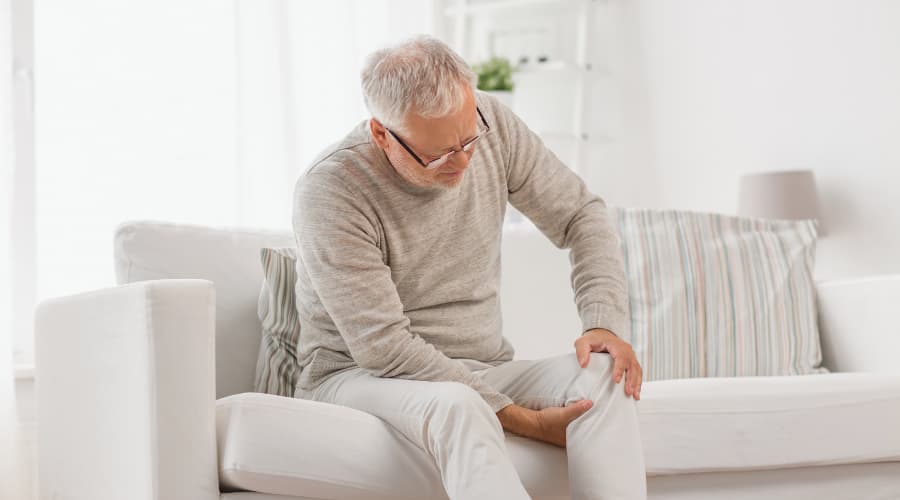Back pain is an all-too-common issue, affecting millions of people across the UK and standing as one of the leading causes of missed workdays and disability worldwide. Yet, despite its prevalence, myths about back pain abound, often leading to unnecessary suffering and delays in seeking effective treatment.
At Vale Health Clinic, we’re committed to helping you separate fact from fiction and empower you to take control of your back health. Let’s explore and debunk some of the most pervasive myths about back pain, evidence-based advice and innovative treatments.
MYTH:
Exercise Worsens Back Pain
Contrary to popular belief, staying active is one of the most effective ways to manage and prevent back pain. While it’s natural to feel hesitant about moving when your back hurts, avoiding exercise can lead to muscle weakening, stiffness, and deconditioning—exacerbating the problem.
Instead, start with gentle activities like walking, swimming, or stretching to improve circulation and maintain flexibility. Over time, you can build up to exercises that strengthen your core and improve posture, which is essential for long-term back health.
MYTH:
Back Pain Always Leads to Surgery
Many people fear that seeing a spine specialist will inevitably result in surgery. The truth is that surgery is rarely required for back pain. Only about 1% of cases necessitate surgical intervention. Most back issues can be effectively treated with non-invasive physiotherapy, manual therapy, lifestyle changes, and pain management techniques.
At Vale Health Clinic, we prioritise non-surgical solutions, offering treatments like cortisone injections to manage pain and inflammation effectively without invasive procedures.
MYTH:
Back Pain is an Inevitable Part of Ageing
While the risk of back pain increases with age, it should never be accepted as a “normal” part of ageing. With modern treatments and proactive care, you can significantly reduce discomfort and maintain a high quality of life well into your later years.
Maintaining a healthy weight, staying active, and seeking early intervention for back issues are key steps to managing and preventing age-related back pain.
MYTH:
Intense Back Pain Must Be a Serious Problem
Severe pain doesn’t always equate to a severe condition. Acute back pain is often caused by minor issues such as muscle strains or sprains, which can feel extremely painful but usually resolve within a few weeks with proper care.
That said, a professional should evaluate persistent or worsening back pain. Conditions like herniated discs or nerve compression may require targeted treatments, such as cortisone injections, to reduce inflammation and promote healing.
MYTH:
Resting in Bed is the Best Way to Recover
While rest can be helpful in the immediate aftermath of an acute back injury, prolonged bed rest often does more harm than good. Immobilising your back can lead to stiffness, muscle atrophy, and delayed recovery.
Instead, aim to keep moving as much as your pain allows. Gentle activities like walking or light stretching can aid healing, improve blood flow, and reduce stiffness.
MYTH:
Once You Have Back Pain, It Will Always Return
Although back pain can recur in some cases, it’s far from inevitable. Preventative measures such as strengthening exercises, improving posture, and maintaining a healthy lifestyle can significantly reduce the likelihood of future episodes.
At Vale Health Clinic, we work with you to create a personalised prevention plan, combining tailored exercises with advice on ergonomics and lifestyle adjustments.
Treatments
For patients with persistent or severe back pain, cortisone injections can offer significant relief. These injections deliver a powerful anti-inflammatory medication to the affected area, reducing swelling and alleviating pain.
Cortisone injections are particularly effective for conditions such as:
- Herniated Discs: Reducing pressure on nerves and easing discomfort.
- Spinal Stenosis: Addressing inflammation in the spinal canal.
- Sciatica: Targeting inflammation around the sciatic nerve.
At Vale Health Clinic, our specialists precisely administer cortisone injections, ensuring optimal results and minimising discomfort.
Back Pain Management at Vale Health Clinic
If you’re struggling with back pain, our expert team at Vale Health Clinic is here to help. We offer a comprehensive range of treatments designed to address the root cause of your pain and support your recovery. These include:
- Manual Therapy: Hands-on techniques to relieve tension, improve mobility, and promote healing.
- Physiotherapy: Tailored exercise programmes to strengthen muscles and enhance flexibility.
- Cortisone Injections: For targeted inflammation and pain relief.
- Lifestyle Advice: Guidance on posture, ergonomics, and activity modifications to prevent recurrence.
Our holistic approach ensures you receive the care and support you need to get back to your best.
Take Control of Your Back Health Today
Don’t let myths about back pain hold you back from seeking the treatment and relief you deserve. At Vale Health Clinic, we’re dedicated to helping you overcome back pain with expert advice, advanced therapies, and a personalised approach to care.
Whether you need guidance on managing an existing condition or want to explore innovative treatments like cortisone injections, we support you at every step. Contact us today to book a consultation and take the first step towards a healthier, pain-free life.
Related Articles
- Back Pain FAQs
- Managing your Back Pain
- Low Back Pain During Pregnancy
- Lower Back Pain with Numb Leg
- Back Exercises for Trapped Nerve


